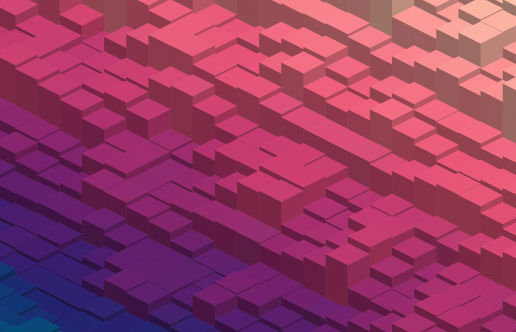
News
March 22, 2021
DataX – Brian Arnold: using data science to answer questions in biology
As a data scientist within Princeton University's Schmidt DataX Initiative, Arnold has now switched his focus from plants to human cancer cells and other biological processes. The DataX Initiative aims to spread and deepen artificial intelligence and machine learning across campus to speed scientific discovery. The Center for Statistics and Machine Learning (CSML) participates in this initiative and is involved in hiring and creating a community of data scientists like Arnold at Princeton.
March 18, 2021
Ph.D. alumnus Wigderson receives Abel Prize
The Norwegian Academy of Science and Letters has awarded the Abel Prize for 2021 to Avi Wigderson, a 1983 Ph.D. graduate of Princeton.

March 16, 2021
Students take computing beyond the classroom for social good
Following a nationwide call last summer for social equity and anti-racism, Princeton undergraduates returned to their classes in fall ready to transform their computer science skills into a force for social good.
March 5, 2021
Arunesh Mathur *20 wins award for research on dark patterns
Arunesh Mathur *20 wins award for research on dark patterns
February 22, 2021
Professors Barbara Engelhardt and Ben Raphael honored by the International Society of Computational Biology
The International Society of Computational Biology has awarded Princeton Professors Barbara Engelhardt and Ben Raphael two out of the four prizes given in 2021. Associate Professor Barbara Engelhardt is the recipient of the Overton Prize and Professor Ben Raphael is the recipient of the ISCB Innovator Award.
February 17, 2021
Mark Zhandry and Ravi Netravali named 2021 Sloan Research Fellows
Mark Zhandry and Ravi Netravali have been awarded the 2021 Sloan Fellowships by the Alfred P. Sloan Foundation. The two are among 128 early-career scholars who represent the most promising scientific researchers working today. Their achievements and potential place them among the next generation of scientific leaders in the U.S. and Canada.
February 9, 2021
Professor Margaret Martonosi elected to the National Academy of Engineering
The National Academy of Engineering (NAE) has elected Professor Margaret Martonosi as part of the Class of 2021 for her contributions to power-aware and power-efficient computer architectures and mobile systems. She is among 106 new members and 23 international members.
February 8, 2021
Computer Science faculty commended for outstanding teaching
Dean Andrea Goldsmith and Vice Dean Antoine Kahn are proud to recognize the following faculty for their outstanding teaching during the fall 2020 semester, as determined by overall course ratings by students.
February 3, 2021
Doyle Lab creates open-source software to optimize reactions
In the past few years, the Doyle Lab has turned increasingly to data science techniques to assist problem-solving in organic synthesis. Researchers are driven partly by a year-old federal initiative that seeks to conjoin data science and chemistry, and partly by the notion that a chemist’s time is better spent exploring new reactions than optimizing them.
February 3, 2021
Charles Zhao: extracting complex data from high-powered telescopes
Charles Zhao is majoring in computer science and is slated to earn two certificates: Statistics and Machine Learning from the Center for Statistics and Machine Learning (CSML) and Engineering Physics.
February 2, 2021
Department name change signals broad impact on computer and information technologies
In a change highlighting Princeton's broad investment in computer and information technologies, the former Department of Electrical Engineering has become the Department of Electrical and Computer Engineering (ECE). The new name was approved by 100 percent of those voting at the Feb. 1 monthly meeting of the University Faculty.
January 27, 2021
Princeton Engineers series highlights Caroline Trippel *19
Caroline Trippel, a 2019 Ph.D. graduate in Computer Science was profiled as part of the Princeton Engineers series from the School of Engineering and Applied Science.
...
...







